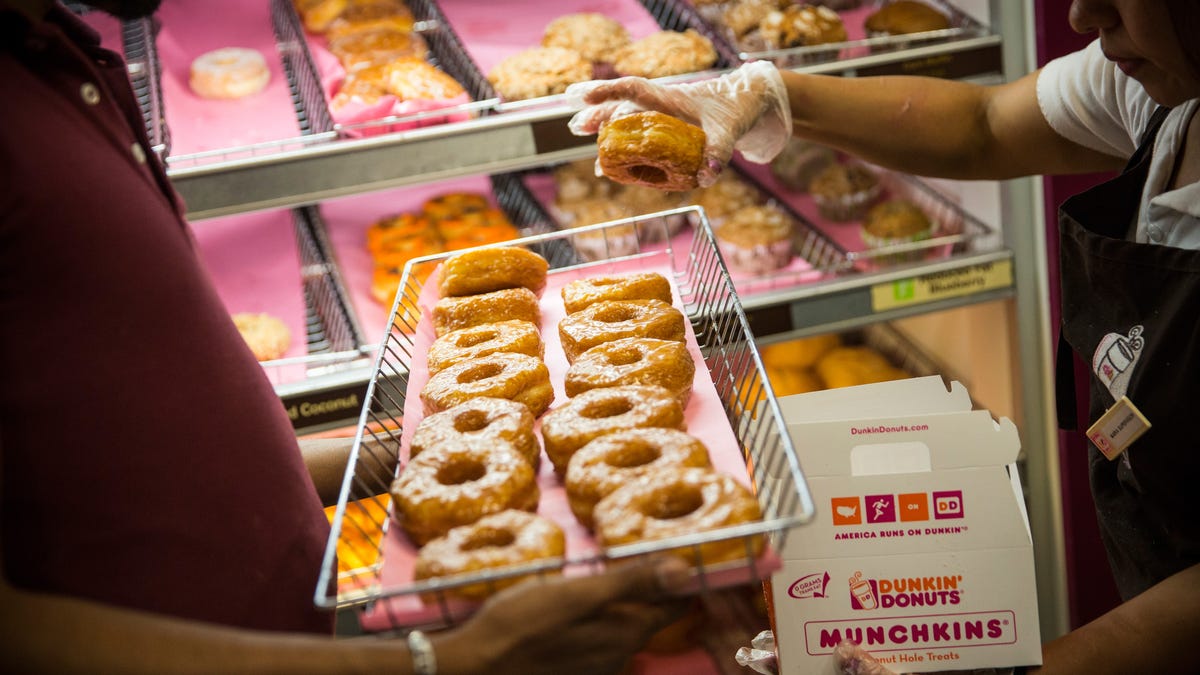Massive Recall: 2 Million Baked Goods Pulled Amid Listeria Fears
The recent announcement by the FDA regarding a massive recall of 2 million baked goods has sent ripples of concern across the consumer landscape. This recall, prompted by fears of potential listeria contamination, raises critical questions about food safety and public health. With listeria being one of the more serious foodborne pathogens, the implications of this recall are significant. Consumers are urged to check their pantries and stay informed as investigations unfold to determine the source of this outbreak.
Understanding Listeria and Its Risks
Listeria monocytogenes, the bacterium responsible for listeriosis, is particularly dangerous because it can thrive in refrigerated environments, making it a unique threat in the food supply. Unlike many other foodborne pathogens, listeria can be found in ready-to-eat foods such as deli meats, soft cheeses, and even baked goods. This makes vigilance in food safety practices essential.
Symptoms of listeriosis can range from mild flu-like symptoms to severe complications, especially in vulnerable populations such as pregnant women, newborns, the elderly, and individuals with weakened immune systems. The seriousness of listeria infections can lead to severe complications, including meningitis and septicemia, underscoring the importance of addressing any potential contamination swiftly.
The Recall: What You Need to Know
The FDA’s recall affects a wide range of baked goods produced by multiple manufacturers. Here are some key details:
- Products Affected: The recall includes various types of baked goods, such as muffins, cakes, and pastries.
- Quantity: Approximately 2 million items have been recalled.
- Manufacturers: Multiple brands are involved, with specific names to be disclosed as investigations progress.
- Distribution: These products were distributed nationwide, raising concerns about their presence in grocery stores, restaurants, and home kitchens.
Consumers are advised to check labels for specific lot numbers and product names associated with this recall. The FDA’s website provides a detailed list of the affected products, which is crucial for ensuring safety in households across the country.
What Should Consumers Do?
In light of this massive recall, consumers should take the following steps:
- Check Your Pantry: Look for any baked goods purchased recently that may be on the recall list. Discard any products that match the recalled items.
- Stay Informed: Monitor updates from the FDA and other public health agencies. These organizations are working diligently to track the source of the contamination.
- Report Symptoms: If you or someone in your household experiences symptoms of listeriosis after consuming the recalled products, seek medical attention immediately and report it to your local health department.
- Practice Safe Food Handling: Always wash your hands before and after handling food, and ensure that all surfaces and utensils are clean.
The Impact of the Recall on the Food Industry
This massive recall not only impacts consumers but also has broader implications for the food industry. Companies face scrutiny regarding their production processes and safety measures. Here are some potential consequences:
- Increased Regulation: In response to this incident, regulatory bodies may impose stricter guidelines and inspections on food manufacturers to prevent future outbreaks.
- Consumer Trust: Repeated recalls can erode consumer confidence in food safety. Brands must work hard to regain trust through transparency and accountability.
- Financial Repercussions: The financial burden of a recall can be substantial for manufacturers, including costs related to product disposal, potential lawsuits, and damage to brand reputation.
Looking Ahead: Preventing Future Listeria Outbreaks
As the investigation into this massive recall continues, it’s imperative to focus on prevention. Here are some measures that can help mitigate risks associated with listeria:
- Regular Testing: Food manufacturers should implement routine testing for listeria in their products and production environments.
- Employee Training: Educating employees about the importance of food safety and proper hygiene practices can significantly reduce risks.
- Consumer Education: Providing consumers with information on safe food handling and the risks of listeria can empower them to make informed choices.
This massive recall of 2 million baked goods amid listeria fears serves as a stark reminder of the ongoing challenges in food safety. While the immediate concern is ensuring consumer health and safety, it also highlights the need for robust practices within the food industry. As investigations continue and more information becomes available, it’s critical for consumers to stay vigilant and informed.
In the face of such challenges, public health agencies, manufacturers, and consumers must work collaboratively to enhance food safety and prevent future outbreaks. By prioritizing transparency, education, and adherence to safety protocols, we can foster a safer food supply chain, ultimately protecting the health and well-being of our communities.
See more WebMD Network



